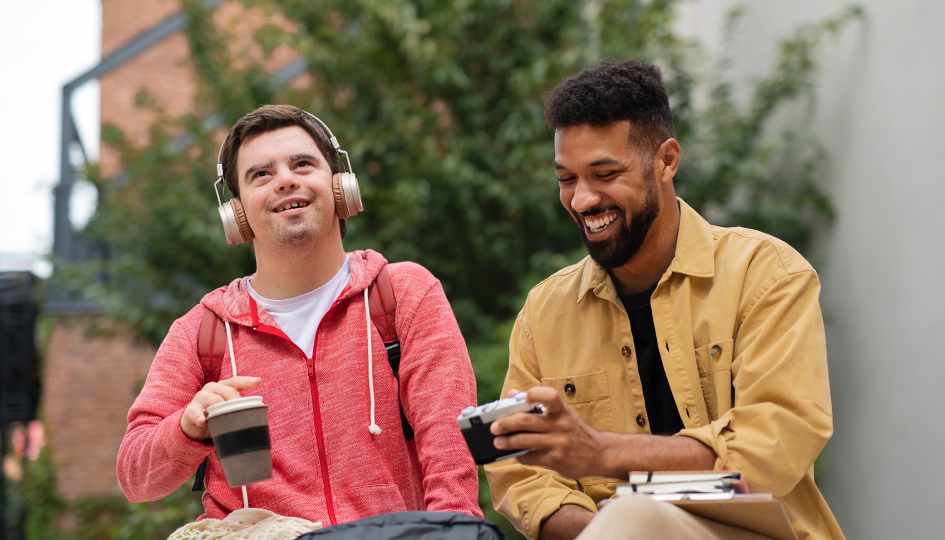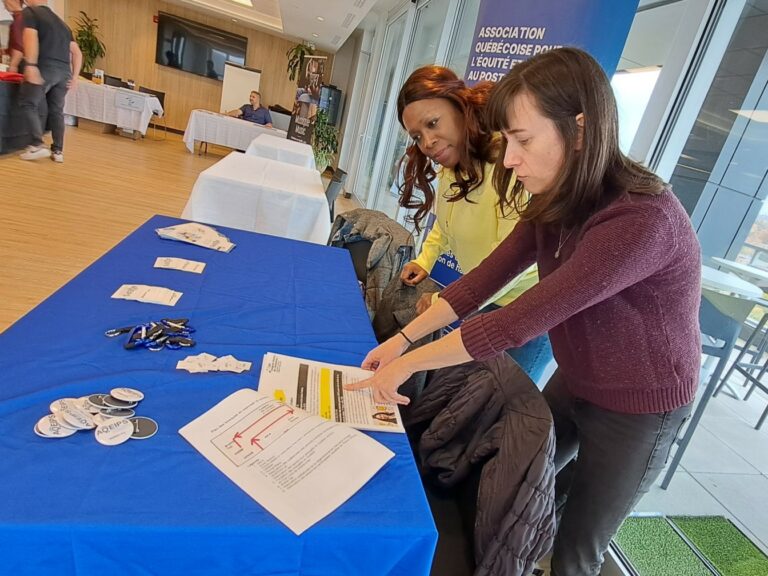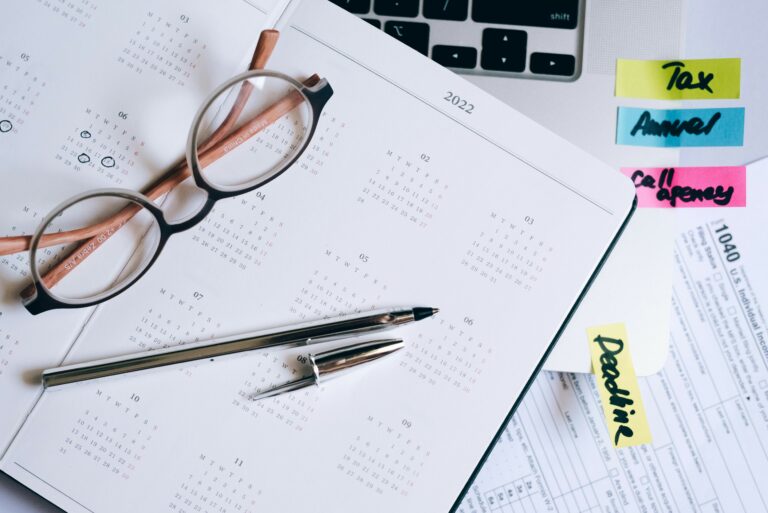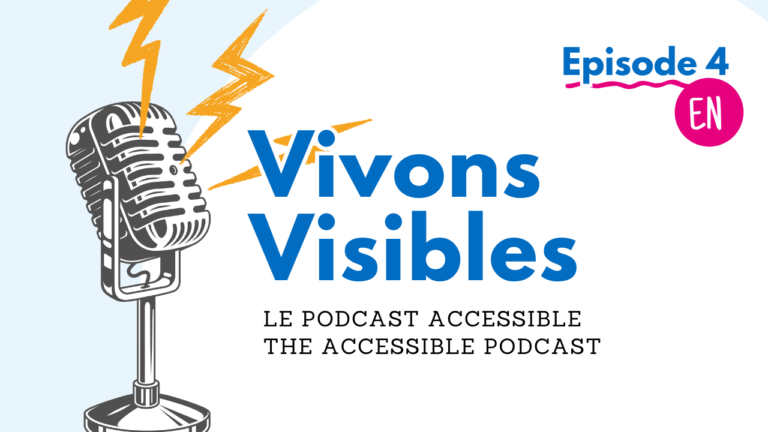27 January 2026
What services are offered to SWD in post-secondary establishments?
AQEIPS is currently working on a research project with the help of le Service aux collectivités de l’UQAM (SAC), whose mandate is to provide students with opportunities to work with non-profit community organisations.
Available soon: The results of our evaluation of Québec’s cégep and university websites.
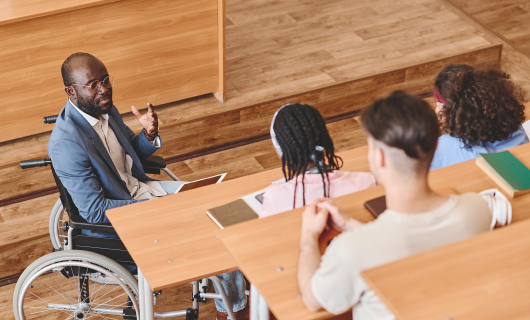 More details
More details

